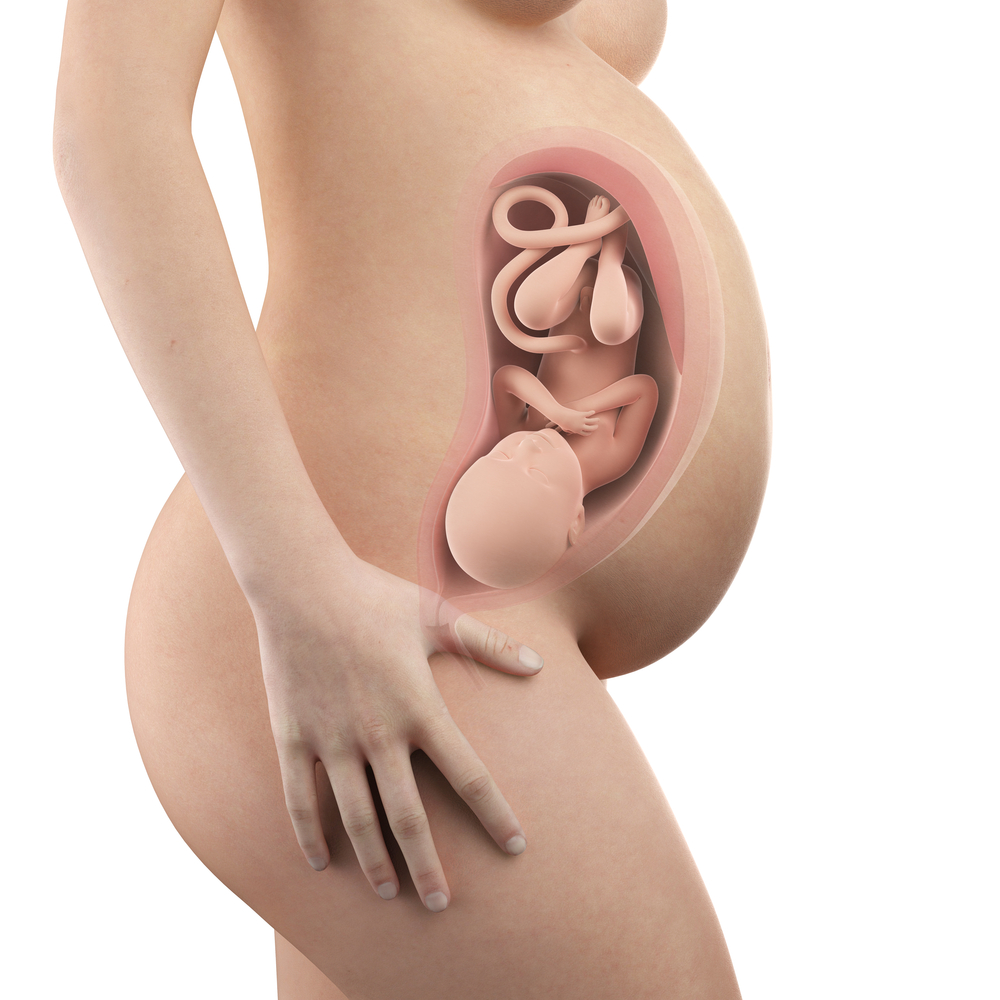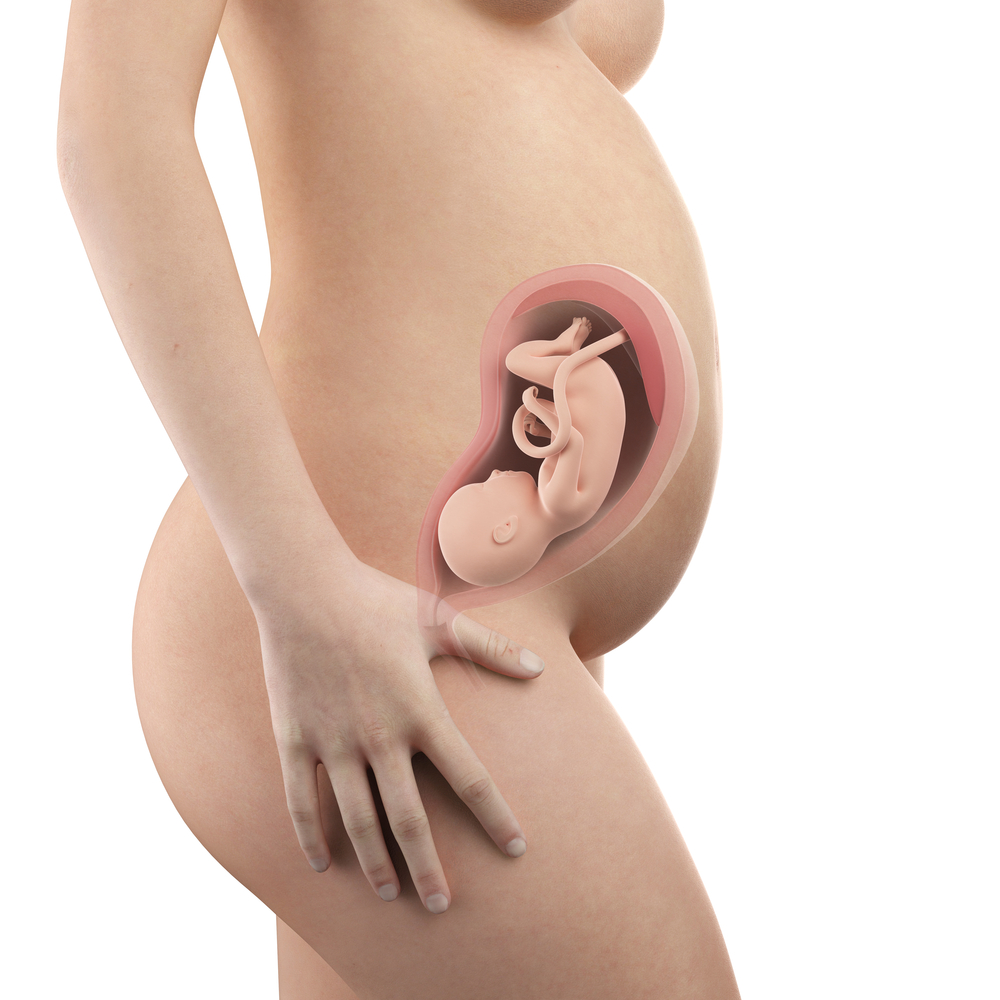Contents:
- Medical Video: Should Pregnant Women Fast?
- When can pregnant women fast?
- What are the risks if fasting during the first trimester of pregnancy?
- What should be prepared before fasting during pregnancy?
- When do fasting pregnant women have to see a doctor?
Medical Video: Should Pregnant Women Fast?
Fasting for those who are Muslim is an obligation. But for pregnant women, there is allowance for not fasting for the health of the mother and fetus. What must be considered before a pregnant woman decides to fast?
When can pregnant women fast?
The vulnerable period when pregnant women are advised not to fast is in the first trimester and the last trimester of pregnancy. This is because in the first trimester, the mother's body is still adapting to the existence of the fetus. Hormonal changes, nausea, and vomiting are still often experienced in the first trimester. If the mother imposes fasting at this time, pregnant women will be prone to dehydration and lack of intake for the fetus. This is certainly dangerous because fetal growth can be hampered.
While in the final trimester, the fetus is still developing to improve vital organs so it is recommended that pregnant women continue to eat regularly to meet the needs of mothers and fetuses. In addition, during the final trimester, the birth of a fetus can occur at any time and pregnant women are expected to have enough energy to give birth. Therefore, meeting nutritional needs is very important at this time.
Then what about the second trimester of pregnancy? During this period, pregnant women are comfortable with their pregnancy. Morning sickness already reduced and the mother can adapt to the existence of the fetus. At this time pregnant women may fast, but must still pay attention to nutritional intake whether it is sufficient or not, both in quality and quantity.
What are the risks if fasting during the first trimester of pregnancy?
A study conducted in 2004 at a hospital in Tehran, Iran, stated that pregnant women who were in their first trimester and fasting had a 1.5 times greater risk of giving birth to babies with low birth weight (less than 2.5 kg). This could be due to a lack of nutritional intake to the fetus, even though in the first trimester it is necessary to add more than 180 calories per day to meet the needs of mothers and babies.
What should be prepared before fasting during pregnancy?
If the mother feels strong enough and feels healthy to fast, then the mother is allowed to fast. But there are some things that must be prepared if pregnant women want to fast:
- Always consult your doctor or midwife for your subscription. First check whether there are complications of pregnancy that can get worse if the mother fasts (such as anemia and gestational diabetes). For pregnant women who have complications of pregnancy, first consult your plan to fast with a doctor or midwife.
- If pregnant women are accustomed to consuming large amounts of caffeine (both from soda, coffee, tea, and chocolate) try reducing a little caffeine intake before starting the fasting period. This can prevent you from having a headache caused by "consuming" not consuming caffeine. When pregnant, the recommended maximum consumption of caffeine is 200 mg, equivalent to two cups of instant coffee.
- If pregnant women still work while fasting, communicate your situation with the people in your workplace. Pregnant women who fast are prone to lack of nutritional intake during fasting. If the activity still tends to be heavy, the lack of nutrients is the higher the risk.
- Try to make a food diary. Pregnant women can record what foods and drinks are consumed. In this way, pregnant women can calculate how much calorie intake per day can prevent a lack of intake.
When do fasting pregnant women have to see a doctor?
- If the increase in maternal weight is not as it should be. Less than expected weight gain can be due to lack of nutritional intake during fasting. Immediately check with your doctor if you experience significant weight loss.
- Pregnant women feel very thirsty, not urinating as much as usual, and urine changes color to become thick and pungent. This is a sign of dehydration and makes pregnant women vulnerable to urinary tract infections.
- If a pregnant woman has a sudden headache, fever, and experience unusual pain.
- When pregnant women feel nauseous, weak, and start vomiting. If you feel tired even after resting, you can cancel your fasting by drinking ORS fluids to restore body ions lost during fasting.
- If pregnant women feel a difference in baby movements such as for example the baby does not move as normally as possible.
















